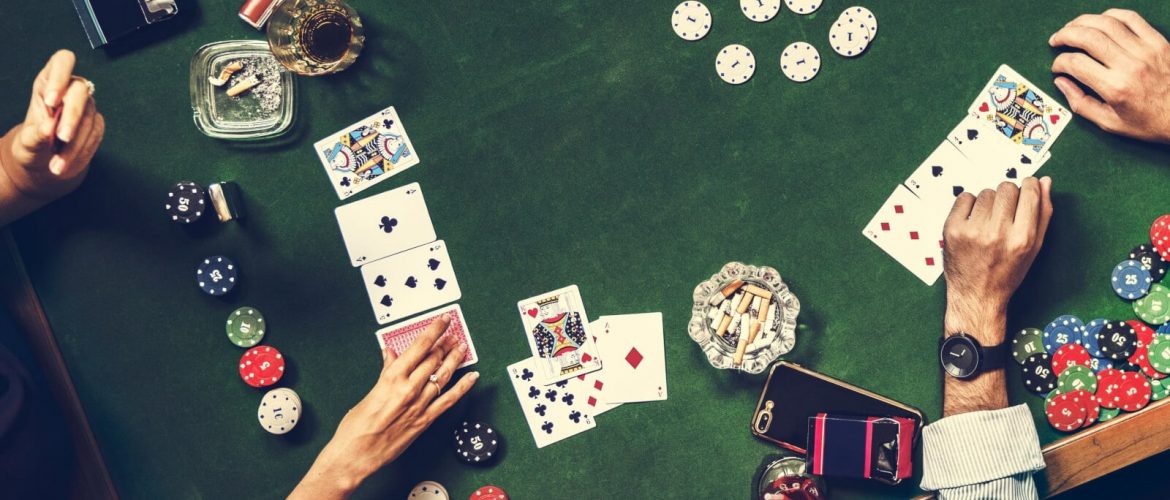Blog
Gambling Can Be Addictive: Know the Risks and How to Get Help
- March 28, 2022
- Posted by: Healthy Young NV
- Category: Young Adult

Maybe you’ve watched the popular Netflix series, “Squid Game” in which the main character, Seong, has a problem with gambling and has fallen into financial debt. Seong, along with others who are in debt, risk their lives to play a series of deadly games for the chance to win prize money. It’s an intense story that can be quite scary at times, but it does show how gambling can become obsessive to some people and cause harm to themselves and the ones they love.
Even if you’re not old enough to gamble legally in Nevada, it’s still important to learn the signs of problem gambling so you know how to get help for yourself or someone you know if you notice harmful behaviors. Not everyone who gambles develops a problem with gambling, but it is an activity that involves risk.
What is problem gambling?
“Problem gambling” describes a range of issues from mild to severe. The most extreme cases can be an addiction or “gambling disorder.” Gambling disorder can lead people to become obsessive about gambling to the point where they think about gambling a lot. People who struggle with a gambling disorder may fixate on winning back money they lost or take bigger and bigger risks in order to win money. It can affect people just like alcohol and drug addictions can.
In fact, a gambling disorder is a mental health condition that should be diagnosed by a mental health professional, just like alcohol and drug disorders. The good news is that it’s treatable. Things like counseling, support groups, or, in certain cases, prescription medications can really help those who are diagnosed.
And while there’s no single “cause” of a gambling disorder, a person can often develop this issue when they gamble to distract themselves from reality, or from feeling pain, anxiety, or depression. Often, people with this issue have past trauma or other mental health disorders like alcohol and drug misuse.
How can a gambling disorder affect young people?
Gambling activates many parts of your brain that drugs and alcohol do. Studies have shown that gambling at an early age can increase a person’s risk of developing a gambling disorder later in life.
Even if you’re not old enough to gamble in Nevada (legally, you must be 21 or older), you or your friends may bet $5 on a sports game at school, or maybe you play poker with family at home, or a family member buys a scratch-off ticket for you – gambling at a young age can happen and it’s important to know the risks.
What does a gambling “problem” look or feel like? What are the signs?
Here are some of the things to look out for if you think that you or someone you know might have a problem with gambling:
- Skips on hanging out with friends/family regularly or misses activities.
- Appears distracted and anxious; can be moody or depressed.
- Unexplained absences from school or extracurricular activities.
- Breaks curfew regularly.
- Spends hours on online gaming sites.
- Obsessed with sports scores.
- Begins to sell personal belongings.
- Borrows money from friends and family and does not repay it.
- Has large amounts of cash that can’t be explained.
- Has a large amount of debt that can’t be explained.
If you’re not sure whether you or someone you know may have a gambling problem, you can take a free, confidential online quiz by clicking here.
So, what do you do if you or someone you know may have a problem with gambling?

If you or someone you know is struggling with school, work, relationships, or anything else in life due to gambling, it’s important to get help.
If you can, talk to your parent, guardian, or school counselor about the issues you’re experiencing or noticing so they can help you get connected with a certified counselor. In Nevada, there are free and low-cost counseling options for people who may be experiencing harm related to gambling – find these resources and more on the Project Worth website, which is a program offered by the State of Nevada Health and Human Services’ Problem Gambling Services.
Plus, there are a variety of recovery groups and communities to explore and join at no cost. Learn more about recovery resources available nationwide on the National Council on Problem Gambling website.
No one should go through recovery alone and seeking help is the best thing to do. No matter what your situation is, there is hope and support available.
Resources:
https://www.ncpgambling.org/files/HS_Fact_Sheet.pdf
https://www.ncbi.nlm.nih.gov/pmc/articles/PMC2945873/
https://www.alcoholrehabguide.org/resources/dual-diagnosis/alcoholism-and-gambling-addiction/
